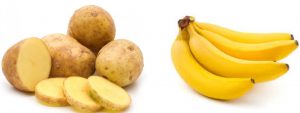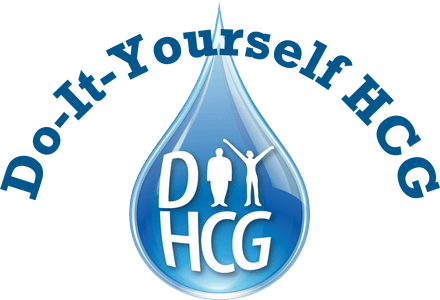Most Common Diet Problems (Keto Diet, HCG Diet and more)
 While many people find diet maintenance to be a piece of cake — pardon the pun — compared to the 500-calorie diet phase or any ketogenic phase, excluding sugars and starches from your diet can be a real challenge, and coming down from a considerable weight loss can lead to concerns about gaining it back. It's important to carefully adhere to the exact protocol for the maintenance phase and keto diet, but some people encounter roadblocks that they find concerning. These are the three most common problems people have during the maintenance phase.
While many people find diet maintenance to be a piece of cake — pardon the pun — compared to the 500-calorie diet phase or any ketogenic phase, excluding sugars and starches from your diet can be a real challenge, and coming down from a considerable weight loss can lead to concerns about gaining it back. It's important to carefully adhere to the exact protocol for the maintenance phase and keto diet, but some people encounter roadblocks that they find concerning. These are the three most common problems people have during the maintenance phase.
#1 Counting Calories Can Lead to Failure
After losing so much weight and being restricted to 500 daily calories for so long, many people are reluctant to resume a mostly-normal diet for fear of gaining back the weight, and so they restrict their daily caloric intake. They may also do this for the purpose of losing even more weight. Unfortunately for most calorie counters, this is a major mistake.
During the HCG Diet Phase 2 of the protocol (an similar diets like the ketogenic diet), the HCG is releasing up to 4,000 calories into your system, and on top of that, you're consuming an additional 500 calories daily. This means that your body has become accustomed to using up to 4,500 calories each day. You certainly don't want to consume that many calories in food during the maintenance phase, but limiting your caloric intake too much will cause your body to think it's starving, and it will start storing fat again and burning muscle for energy.
Determine how many calories you need each day based on your age, current weight, and sex, and strive to consume at least that many per day. Otherwise, once you go back to normal eating after the maintenance phase, you'll likely gain weight.
#2 Eating Starches and Sugars
Whether you do it intentionally or unintentionally, consuming starches and sugars will surely sabotage your success during the maintenance phase. Watch out for added sugar in pre-packaged foods, and although most fruits and vegetables are fair game during this phase, it's best to avoid overly starchy fruits and vegetables like bananas and potatoes and stay away from ultra-sweet fruits like melon. Be mindful of what's in the food you're eating, whether you make it from scratch at home or use pre-made ingredients, such as broths, spice mixes that may have added sugar, and canned goods.
#3 Not Addressing Hunger During the HCG Diet Phase 2
If you find that you're hungry during the HCG Diet Phase 2 (or any weight loss diet like the ketogenic diet) and you're following the protocol (or keto diet plan) to the letter, it's likely that you've either used up all of your stored fat or you've developed an immunity to the HCG or eating less calories. If you've lost all the weight you need to lose, you can increase your caloric intake to 800 to 1,000 calories for the duration of the HCG Diet, following the same basic rules.
If you experience hunger at the end of the protocol but continue to consume 500 calories, your body may be consuming normal fat, and this will be regained as soon as you start the maintenance phase. In this case, you should add two to three pounds to your weight on the last HCG day and use this as your baseline weight.



